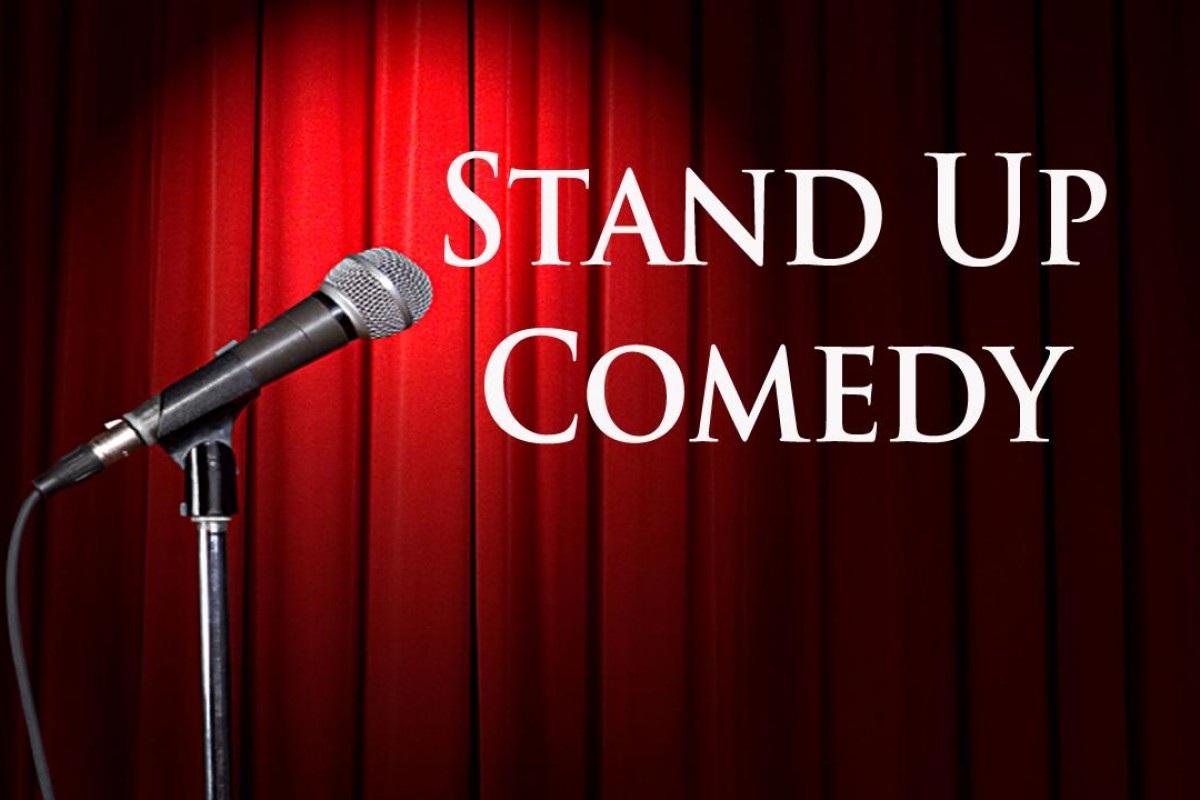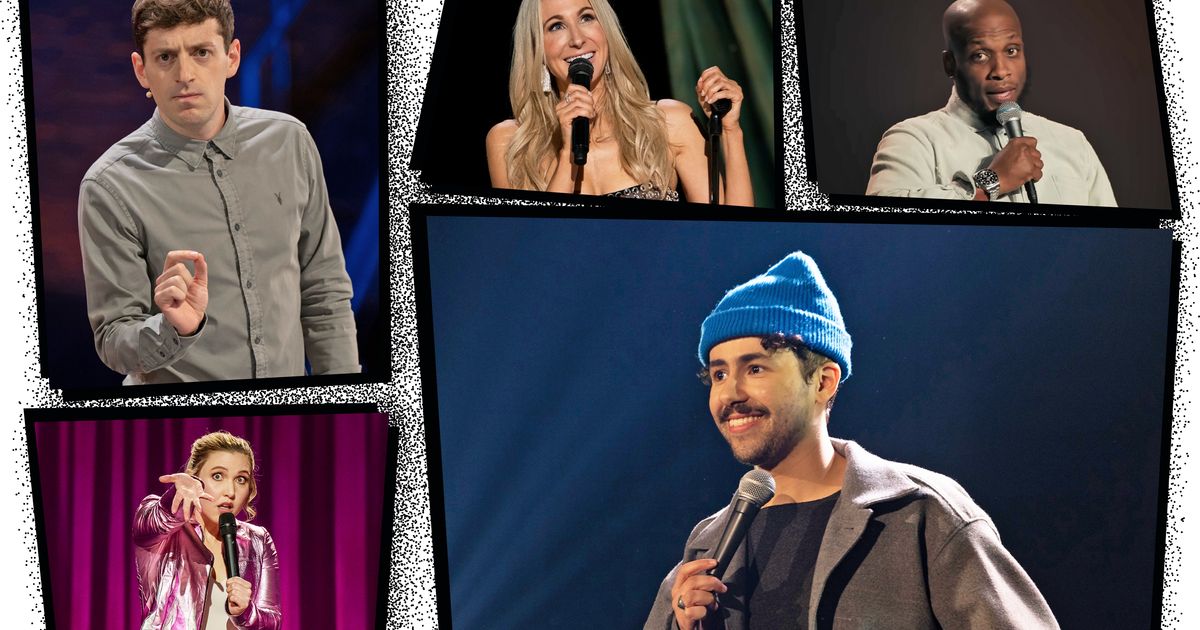
Accessibility and Democratization
The emergence of online streaming has drastically transformed the landscape of stand-up comedy, making it more accessible than ever before. In the past, comedians typically relied on traditional routes such as open mics, comedy clubs, and television appearances to gain recognition. This system limited opportunities, especially for new voices. With platforms like YouTube, Instagram, and TikTok, anyone with a smartphone can showcase their comedic talent, leading to a democratization of comedy. Comedians can now reach millions, moving beyond the confines of traditional venues, and offering a broader array of voices and perspectives in the industry[1][2][6].
The Role of Streaming Services
Streaming services have also played a significant role in this shift. Netflix, for instance, has invested heavily in stand-up comedy since 2013, airing over 350 specials from more than 200 comedians. The platform's strategy has helped comedians like Ali Wong and Hannah Gadsby achieve mainstream success[6]. This has expanded the visibility of comics who might have otherwise gone unnoticed in a saturated market. Creative platforms allow comedians to experiment with longer formats, crafting narratives that resonate deeply with audiences.
Content Creation and Audience Engagement

Online streaming and social media have altered the way comedians create and interact with their content. Traditionally, stand-up routines were tested in front of live audiences before refining them for recordings. Today, comedians can instantly upload jokes and sketches online to receive immediate feedback, enabling them to adjust their material in real-time and engage directly with fans[1][2]. This immediacy fosters a dynamic dialogue between comedians and their audiences, creating a sense of community and loyalty among followers.
For many comedians, platforms like TikTok have given rise to the 'micro-comedy' trend, where jokes must be concise yet impactful to capture attention quickly[3]. This new format can lead to viral success, with well-timed posts elevating comedians to stardom nearly overnight, bypassing traditional industry gatekeepers. However, this phenomenon places pressure on comedians to conform to trends, which may sometimes lead to prioritizing likes and shares over artistic integrity[8].
The Financial Landscape

The financial aspects of stand-up comedy have also changed dramatically due to the online streaming boom. Grosses from stand-up shows have nearly tripled in the past decade, with revenue from ticket sales reaching over $900 million in recent years[6]. Companies like Live Nation are responding by promoting more shows than ever before, indicating a growing appetite for comedy that thrives in both live and digital formats. Streaming platforms have opened up new revenue streams through sponsorships and brand partnerships, making it easier for comedians to monetize their content[3][6].
Challenges of the Digital Age
Despite the advantages brought about by streaming platforms and social media, challenges persist. The reliance on social media for promotion can add to the pressure of self-marketing, often detracting from the creative process. Many comedians express feelings of being overwhelmed by the need to constantly produce content and engage with their audience online, highlighting the tension between creative work and the demands of digital visibility[6][7].
Additionally, the culture of immediate feedback can have a detrimental effect on comedic creativity. Comedians may feel compelled to steer clear of edgy or controversial topics out of fear of backlash, stifling innovative content[1][2][8].
Cancel Culture and Online Scrutiny
The scrutiny of social media also complicates the comedy landscape. Comedians face greater risks of misinterpretation or backlash over jokes that may be seen as offensive, as pointed out by industry leaders. This environment can create hesitance in comedians, making them wary of the subject matter they choose to explore[8].
Comedians like Kojo have voiced concerns about the diverging expectations of online audiences compared to those attending live shows, emphasizing that live performances often allow for deeper storytelling and genuine interaction, which can be lost in the fast-paced world of online content[8].
Conclusion

In summary, online streaming has irreversibly transformed stand-up comedy by enhancing accessibility, enabling real-time audience engagement, and creating new revenue opportunities. However, it has also introduced significant challenges, including the pressure of self-promotion, risk of cancel culture, and the potential dilution of creative artistry. As comedians navigate this changing landscape, they must balance the benefits of online platforms with the integrity of their craft, ensuring that while their outreach grows, the essence of comedy—entertaining, challenging, and uniting through laughter—remains intact.
Get more accurate answers with Super Pandi, upload files, personalized discovery feed, save searches and contribute to the PandiPedia.
Let's look at alternatives:
- Modify the query.
- Start a new thread.
- Remove sources (if manually added).